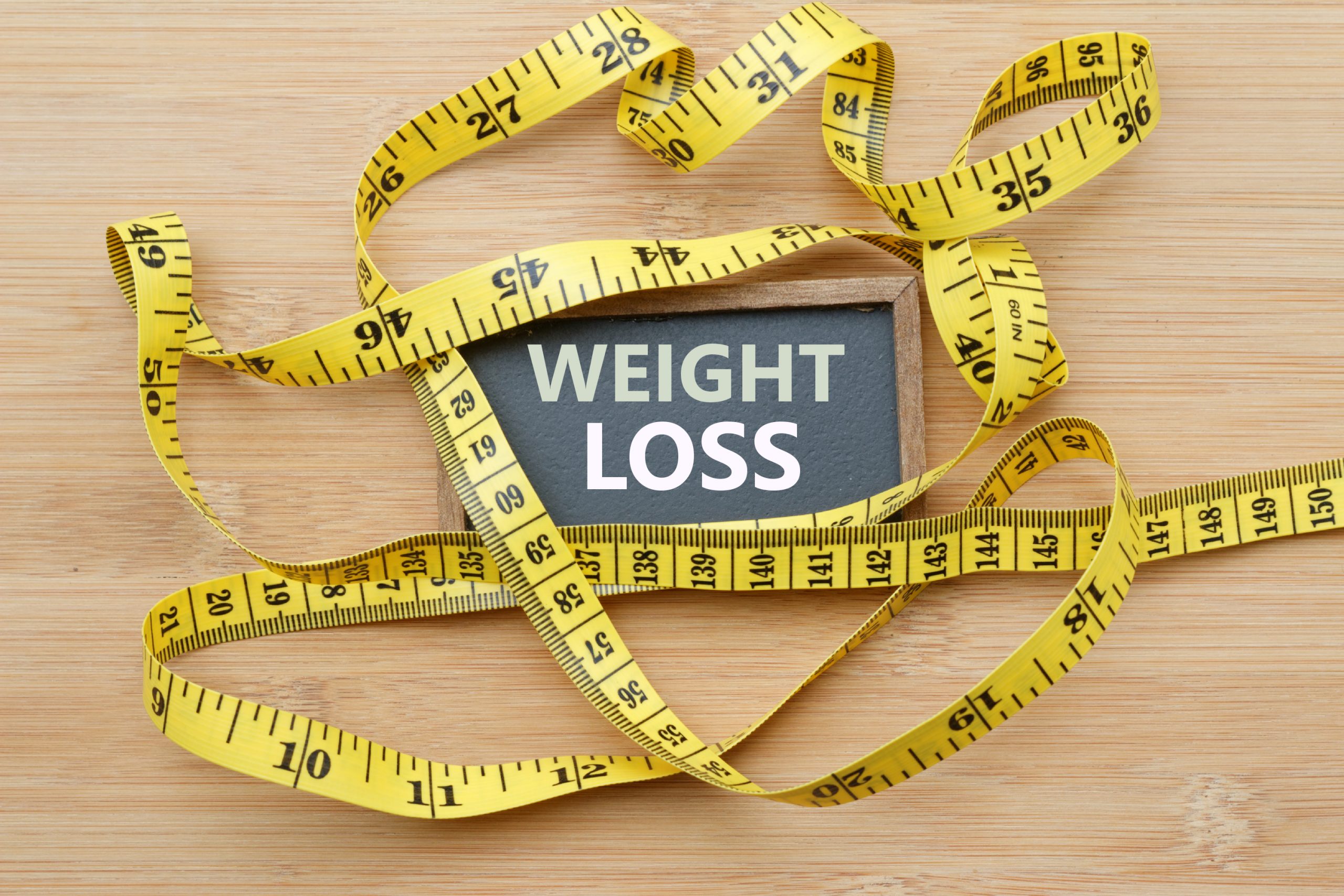Losing weight is a common goal for many individuals seeking to improve their health and well-being. To effectively achieve weight loss, it’s important to understand the underlying science behind this process. In this article, we will explore the scientific principles behind weight loss and how our bodies respond to changes in energy balance.
Energy Balance and Weight Loss:
Weight loss ultimately boils down to achieving a negative energy balance, where the calories burned exceed the calories consumed. This energy balance is governed by two main factors: calorie intake and calorie expenditure.
- Calorie Intake: The calories we consume through food and beverages provide the energy our bodies need for various functions. Consuming more calories than our bodies require leads to excess energy being stored as fat, resulting in weight gain. To lose weight, it’s essential to consume fewer calories than the body needs, creating a calorie deficit.
- Calorie Expenditure: Our bodies burn calories through various processes, including resting metabolic rate (the calories burned at rest), physical activity, and the thermic effect of food (calories burned during digestion and absorption). Increasing physical activity levels and maintaining an active lifestyle can help increase calorie expenditure and contribute to weight loss.
Metabolism and Weight Loss:
Metabolism refers to the complex biochemical processes that occur in our bodies to convert food into energy. Understanding how metabolism affects weight loss is crucial for successful weight management.
- Basal Metabolic Rate (BMR): BMR represents the number of calories the body needs to perform essential functions at rest. Factors such as age, gender, body composition, and genetics influence BMR. Increasing lean muscle mass through strength training can boost BMR, as muscles require more energy than fat to sustain themselves.
- Thermogenesis: Thermogenesis refers to the production of heat in the body, which contributes to calorie expenditure. Certain factors can increase thermogenesis, such as exposure to cold temperatures, regular exercise, and consumption of certain foods (e.g., spicy foods).
- Hormones: Hormones play a vital role in regulating appetite, metabolism, and fat storage. Hormones like insulin, leptin, ghrelin, and cortisol influence hunger, satiety, and fat storage. Hormonal imbalances, such as insulin resistance or leptin resistance, can impact weight management.
Fat Storage and Weight Loss:
When we consume excess calories, the body stores the excess energy in fat cells, leading to weight gain. To lose weight, the body must tap into these fat stores and use them as an energy source.
- Lipolysis: Lipolysis is the process by which stored fat is broken down into fatty acids to be used as fuel. It occurs when there is an energy deficit, such as during a calorie-restricted diet or increased physical activity.
- Adiponectin: Adiponectin is a hormone secreted by fat cells that plays a role in regulating metabolism and insulin sensitivity. Higher levels of adiponectin are associated with improved fat burning and lower risk of obesity-related diseases.
- Exercise and Fat Loss: Regular exercise, especially aerobic exercise and high-intensity interval training, can enhance fat burning and promote weight loss. Exercise stimulates lipolysis and increases metabolic rate, helping the body utilize stored fat for energy.
Weight Loss Strategies:
To achieve sustainable weight loss, it’s important to adopt healthy lifestyle habits and incorporate the following strategies:
- Calorie Deficit: Create a calorie deficit by consuming nutrient-dense, low-calorie foods and controlling portion sizes. Focus on whole foods, lean proteins, fruits, vegetables, and whole grains.
- Regular Physical Activity: Engage in regular physical activity, including a combination of cardiovascular exercise and strength training, to increase












